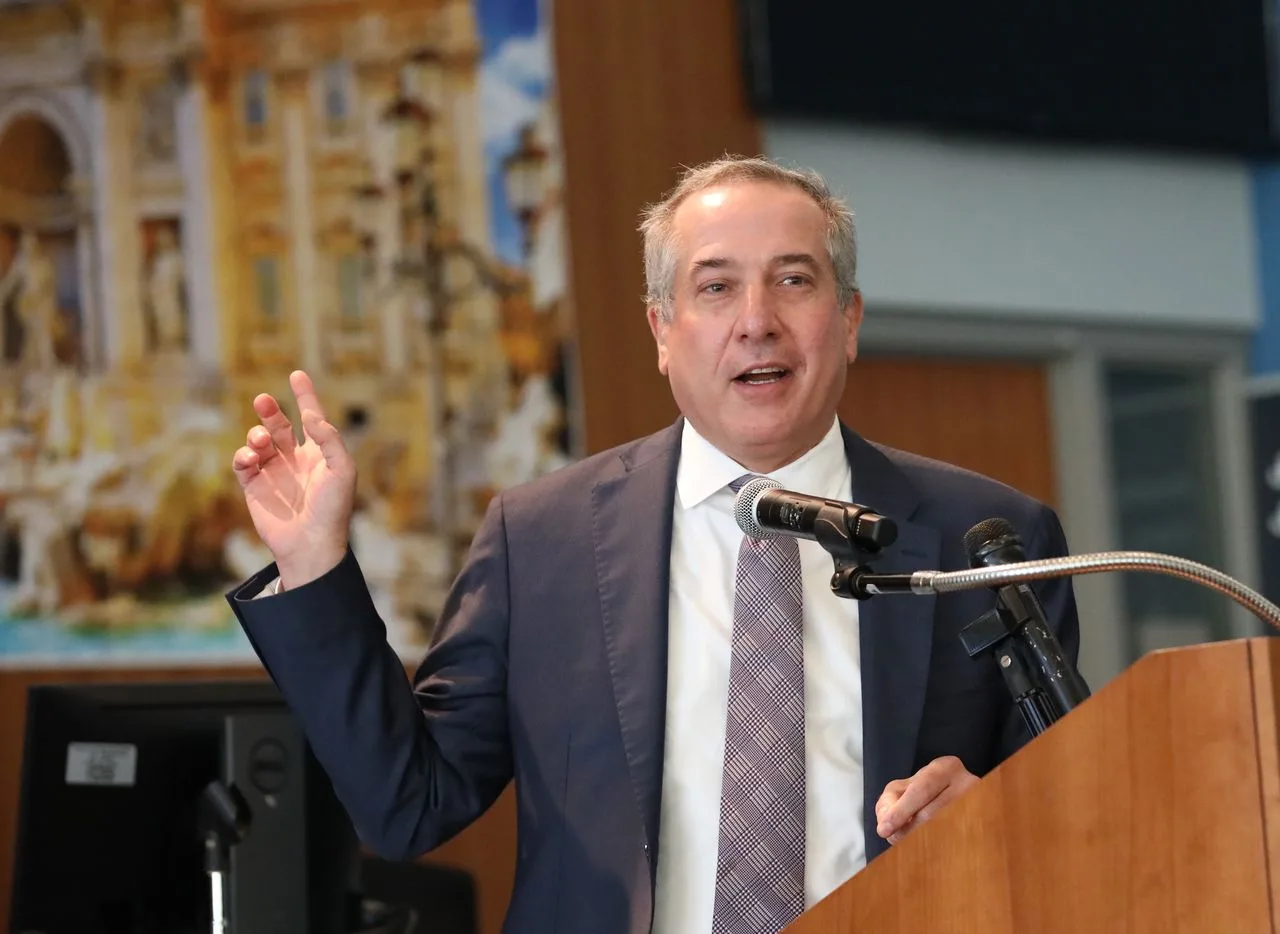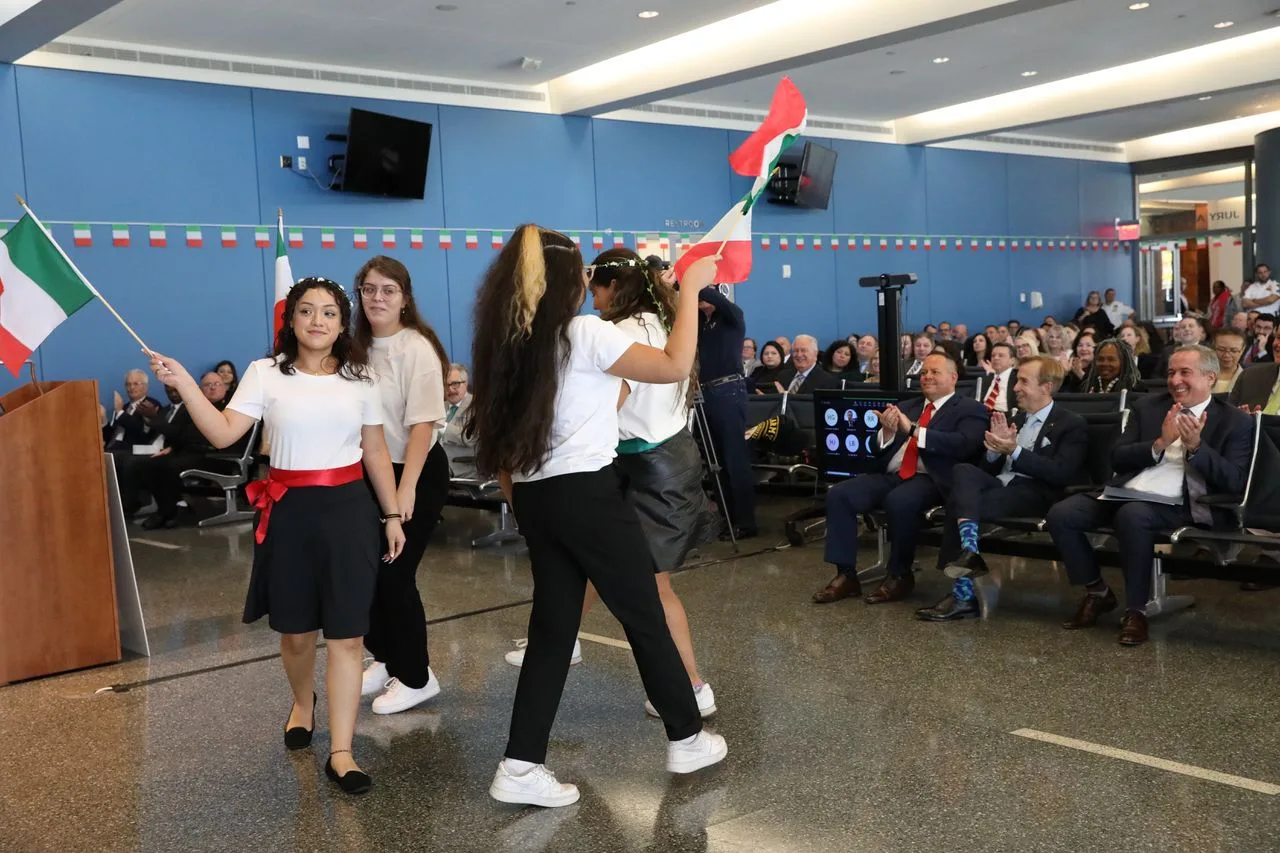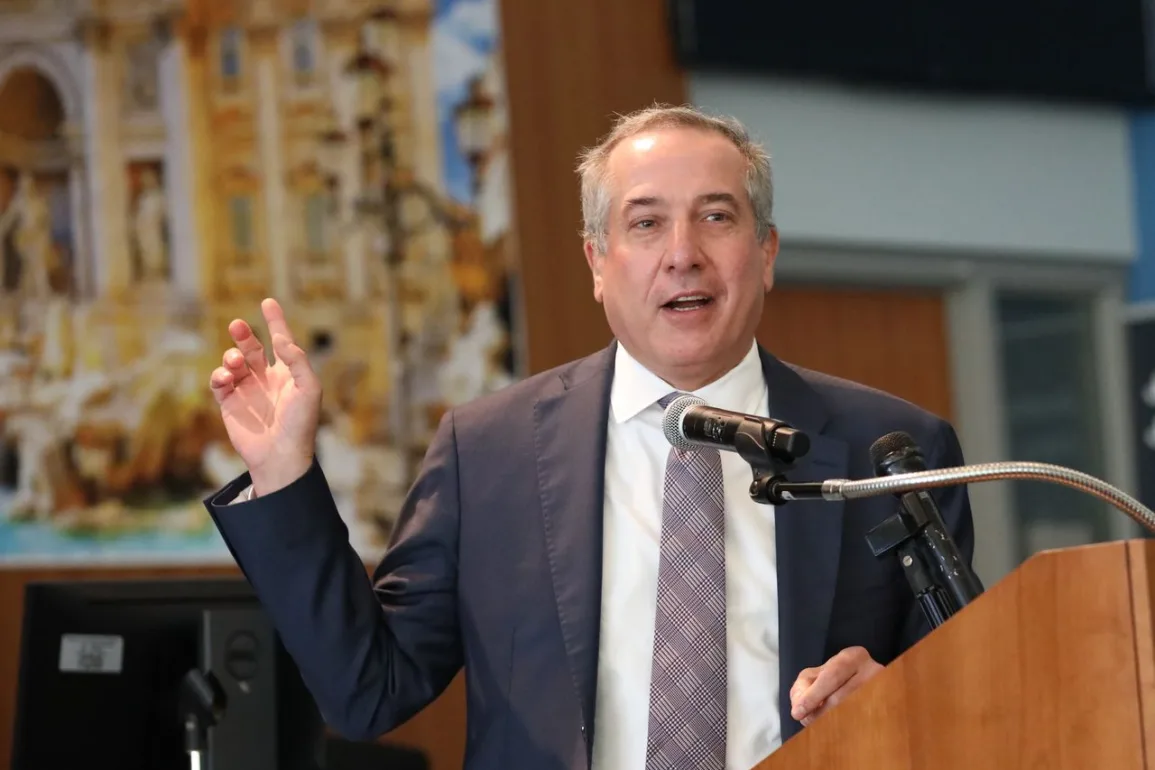STATEN ISLAND, N.Y. — Nadine Johnson’s heritage comprises many “different stripes,’’ she says. But she recognizes that not everyone has been gifted with the experiences and education the “stripes” have offered her throughout her life.
So, when Administrative Judge Desmond A. Green of Richmond County Supreme Court asked, she jumped at the chance to head a task force that allows court system personnel on Staten Island the chance to appreciate the distinctiveness of the variety of heritages represented on Staten Island today.
“The goal is that it brings people together, so that people have a deeper understanding and appreciation of each other,’’ said Johnson, who leads the Equal Justice in the Courts Initiative Task Force for the Staten Island Supreme Court, along with two co-chairs — Irini Bekhit, an attorney and Alternative Dispute Resolution coordinator, and Kenneth Fay, chief clerk for civil and criminal matters for Richmond County Supreme Court.
“We are all connected,’’ said Johnson. “We want to relish our differences, our wonderful unique heritage, but also recognize our commonalities.”
In the volunteer role, Johnson attends community events, organizes educational outreach, jury appreciation events and heads the committee that organizes informative programs, luncheons and continuing legal education classes. Similar task forces exist in different courts systems throughout the city and state, she said. They were formed in response to the 2020 Report from the Special Advisor to Equal Justice in the New York State Courts, which researched racial justice in the court system.
The luncheons, held in the Central Jury Room of Richmond County Supreme Court in St. George, feature Staten Island guest speakers, many respected members of the court system, performances by local high school students, and, of course, food.
A recent event focused on Italian heritage, and Staten Island Supreme Court Justice Ronald Castorina Jr. was one of the event’s speakers.
“The history of the migration and assimilation is unique, although there (are) some common threads of discrimination, sacrifice, perseverance, and family ties shared with many cultural or ethnic migrations that are a part of the fabric of our nation,’’ Castorina told the gathering last month.
Supreme Court Justice Wayne Ozzi put it simply in his remarks that day: “It’s about devotion to what I call the six Fs: faith, family, fraternity, friends, food, and fun.”
Past events have included honoring Asian-American culture, celebrating Hispanic heritage and more. Additional events are planned, said Johnson, who noted she’s open to suggestions.

Staten Island Supreme Court Judge Anthony Cannataro addresses those gathered at the recent Italian heritage event. (Staten Island Advance/Jan Somma-Hammel)
Staten Island Advance
COMMONALITY UNITES US
Commonality, Johnson said, is what many attendees are surprised to discover at the events. The food makes it obvious, despite its variety, she said.
“There’s a polenta for everybody,’’ said Johnson, a New York Law School graduate who grew up in Manhattan and the Bronx. “In the South, it’s grits. Everywhere you go around the world, we all eat the same grains and rice. And food brings people together.”
Johnson, who is an attorney and Green’s chief of staff, works with a committee of about 30 volunteers from all employment levels representing Staten Island’s court offices and the local District Attorney’s Office. Volunteers from several bar associations also contribute time and money, she said, as funding from the court system barely covers the cost of food. Judges have played a key role since the inception of the task force, often chipping in to supplement the menu, she said.
Before each event, the Central Jury Room at Richmond County Supreme Court is decorated to reflect the heritage being celebrated. The presentations are viewed by the public, too, since prospective jurors gather there.
“Everyone pitches in,’’ she said, noting that maintenance workers from the Department of Citywide Administrative Service are critical to the setup and takedown for each event. Community members have helped too, like those in the Sandy Ground Historical Society, who recently chipped in with support.
Last year, an inaugural Pride Program event featured Surrogate Court Judge Matthew J. Titone, Ron Castorina, of Staten Island Supreme Court, and Family Court Judge Peter DeLizzo.
“This is how we bring all the different courts together,”’ Johnson said, noting that each court also has its own equal justice committee. If you help out once, you’re on the committee, she mused. “I’m always trying to include everybody.”
The volunteer efforts are time consuming, but worth it, she said. “It’s very rewarding. And its meaningful.”
The lunch-hour events break up the workday, and court employees look forward to them, based on feedback she’s been receiving since the task force was formed two years ago, she said.
Planning the events fosters communication, and she said she’s learned a lot about the heritage of those working in the Staten Island court system. “Those revelations come about as you are having conversations and people just open up and talk,’’ she said. “In putting together an event, you get to know who’s from where.”
Johnson, who has Asian, Spanish and African-American heritage, is also a commissioner with the Franklin H. Williams Judicial Commission Promoting Fairness and Equity in the Courts.
She said she’s seen amazing support from the community. When the Board of Education couldn’t supply buses for high school students to get to recent events, the NYPD Community Affairs Department stepped up and provided transportation, she said.
The events are at times attended by guests of court employees, she said, noting that one attorney brought his wife to the most recent event, because she is Italian.
“I’m passionate about it,’’ Johnson said. “I’m passionate about people learning from each other through these wonderful celebrations of bringing people together with food, family.”

Susan Wagner High School students perform La Tarantella for the guests at the Italian heritage event. (Staten Island Advance/Jan Somma-Hammel)
Staten Island Advance



